solar photovoltaic energy
The Photovoltaic Definition:
Photovoltaic refers to a technology which uses a device (usually a
solar panel) to produce free electrons when exposed to light,
resulting in the production of an electric current.
Additional Photovoltaic Information:
Photovoltaic is commonly referred to as "PV".
Solar power is the common term for this technology.
PV cells or solar power panels are used to harness the energy from
the sun.
A PV device is a semi-conductor cell which, when exposed to
sunlight, converts the suns rays into an electrical current.
 General
Information
General
Information
Photovoltaic technology has been around for many years, the
definition you see above relates to the use of solar power or energy
in a modern day environment.
The web hosts much more in-depth information on photovoltaic's, and
we recommend you do some research into this technology.
The reason why many of the solar power plants across the world are
efficient, lies in the advances of PV or "photovoltaic" technologies
over the years.
PV energy is set for bigger and better things in the future, and we
should all attempt to benefit from this reliable technology if our
surrounding environment is suitable.
Some areas of the world are not able to benefit from photovoltaic
energy due to the climate, weather patterns, or high levels of
pollution, but many areas have seen outstanding efficiency from the
use of solar cells.
Solar technology or pv energy does not release any greenhouse gases
into our atmosphere when in use, as the process absorbs light energy
as opposed to the burning of a fuel in order to generate the output
of electricity.
 The
sun is the only fuel which we need to make efficient use of the
available photovoltaic technologies, and as it is already burning,
why don't we take advantage of this.
The
sun is the only fuel which we need to make efficient use of the
available photovoltaic technologies, and as it is already burning,
why don't we take advantage of this.
It makes clear sense to take advantage of an energy source which is
clean, free and available to a large portion of the globe.
Not only will this allow us the opportunity to have a cleaner
environment, it allows us to become less dependent on the ever
decreasing levels of fossil fuels.
Solar
Photovoltaic Energy:
Solar photovoltaic energy needs to be considered by a wider consumer
base in a bid to lower electricity/heating bills while at the same
time, lowering carbon emissions.
Solar energy can be harnessed using one or multiple photovoltaic
cells (solar panels).
The main disadvantage of using photovoltaic's to harness renewable
energy is the current cost of hardware and installation, as this is
usually several thousand dollars for a good system.
The technology contained within solar photovoltaic cells has become
increasingly efficient over recent years, and is one of the best
contenders in the renewable home energy market.
Grid-connected solar energy systems have seen a huge boost from the
early 1990's in the more developed areas of the world, where more
people are able to afford such systems.
Demand hasn't fallen off, it's still increasing today, so this just
shows how useful a solar photovoltaic energy system can be if you
have the initial capital.
If you are worried about financing your renewable energy
installation, there may be various government grants in your area
which could help you with this issue.
Some areas also offer free solar panel schemes, in a bid to provide
access to renewable energy technologies for poorer communities.
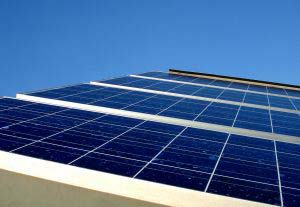 One
of the great advantages concerning the use of photovoltaic energy is
the lowering of electricity and/or heating bills.
One
of the great advantages concerning the use of photovoltaic energy is
the lowering of electricity and/or heating bills.
Solar panels have the ability to pay for themselves over future
years after the initial installation.
You should ask the manufacturer, supplier, or contractor for more
information on this.
Photovoltaic energy systems can be attached directly onto your roof
if you don't have enough land space, reducing the need to dig up and
develop areas of your garden, which may not receive adequate
sunlight in the first place.
Different Photovoltaic Devices
Along with many different variations in the performance of solar
cells, there are also different forms of solar cells.
A solar cell is capable of producing electricity, to power a whole
range of devices, up to the given output of your system.
An alternative to producing electricity for use in the home, is to
install what is commonly referred to as a solar hot water panel.
These panels are able to provide a source of hot water for your
home, which can have a great effect on your heating bill.

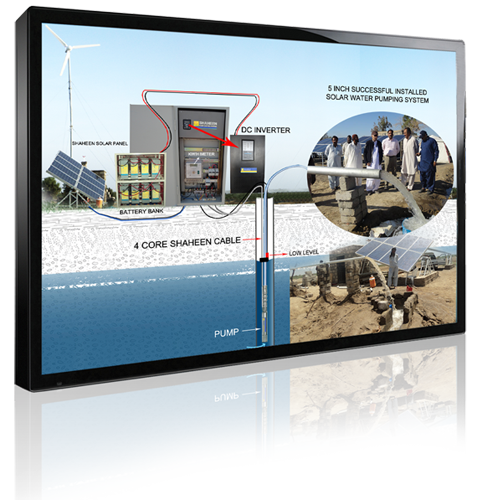
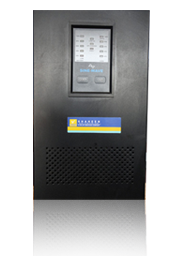

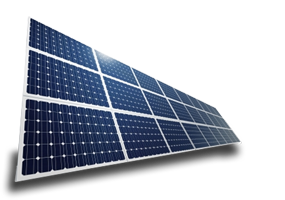
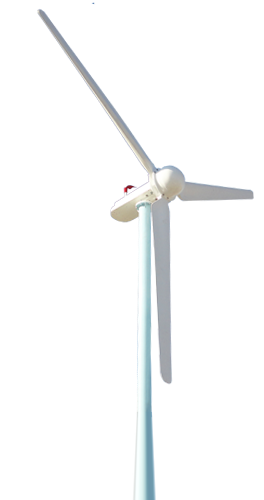 state-of-the-art designSolar Water Pumping System
state-of-the-art designSolar Water Pumping System Wind Power Use itdon't let it blow away!
Wind Power Use itdon't let it blow away!


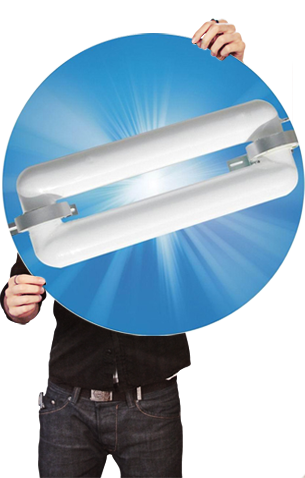

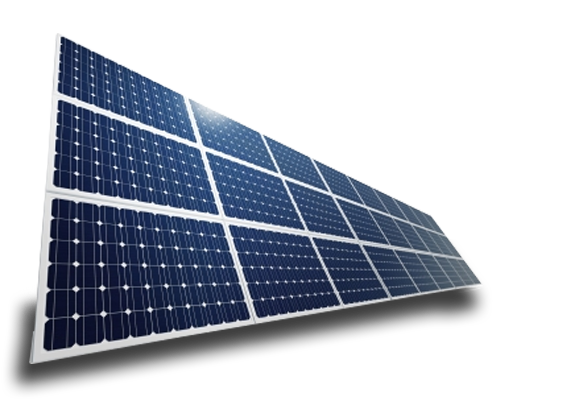
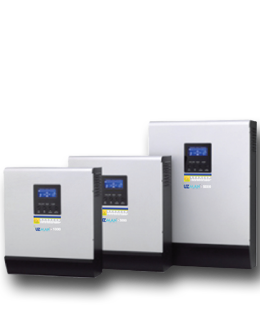

 Most Experienced inSolar, Wind and Hybrid Technology
Most Experienced inSolar, Wind and Hybrid Technology SOLARBattery BanksShaheen Enterprise
SOLARBattery BanksShaheen Enterprise Water PUMP SystemShaheen Enterprise'sFeature Project
Water PUMP SystemShaheen Enterprise'sFeature Project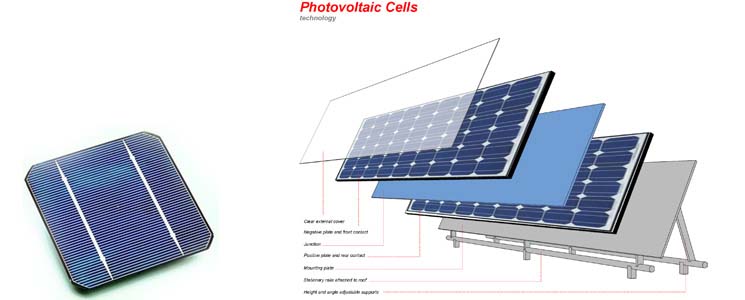
 General
Information
General
Information The
sun is the only fuel which we need to make efficient use of the
available photovoltaic technologies, and as it is already burning,
why don't we take advantage of this.
The
sun is the only fuel which we need to make efficient use of the
available photovoltaic technologies, and as it is already burning,
why don't we take advantage of this. One
of the great advantages concerning the use of photovoltaic energy is
the lowering of electricity and/or heating bills.
One
of the great advantages concerning the use of photovoltaic energy is
the lowering of electricity and/or heating bills.